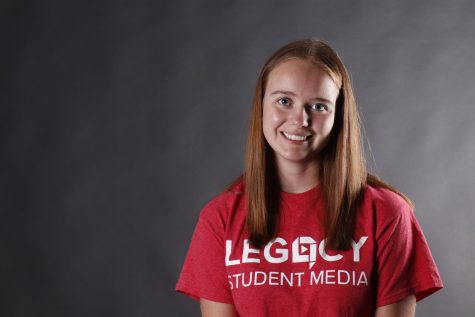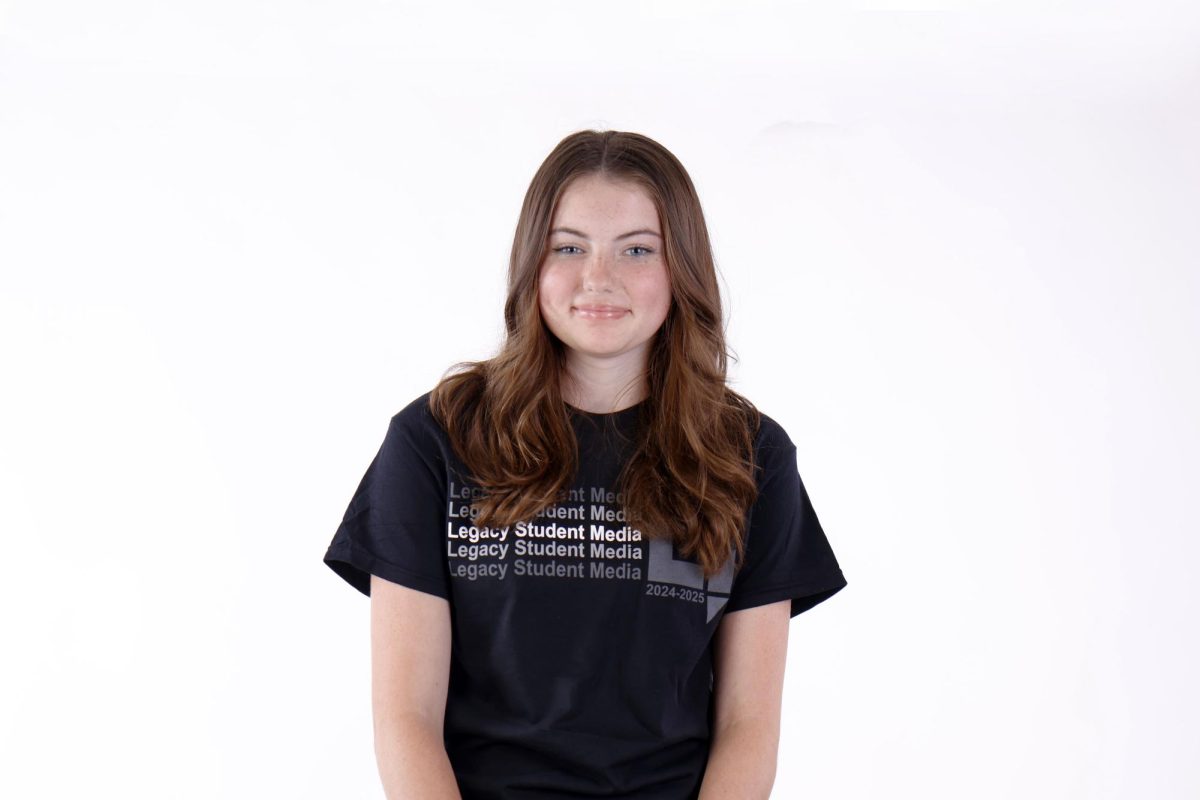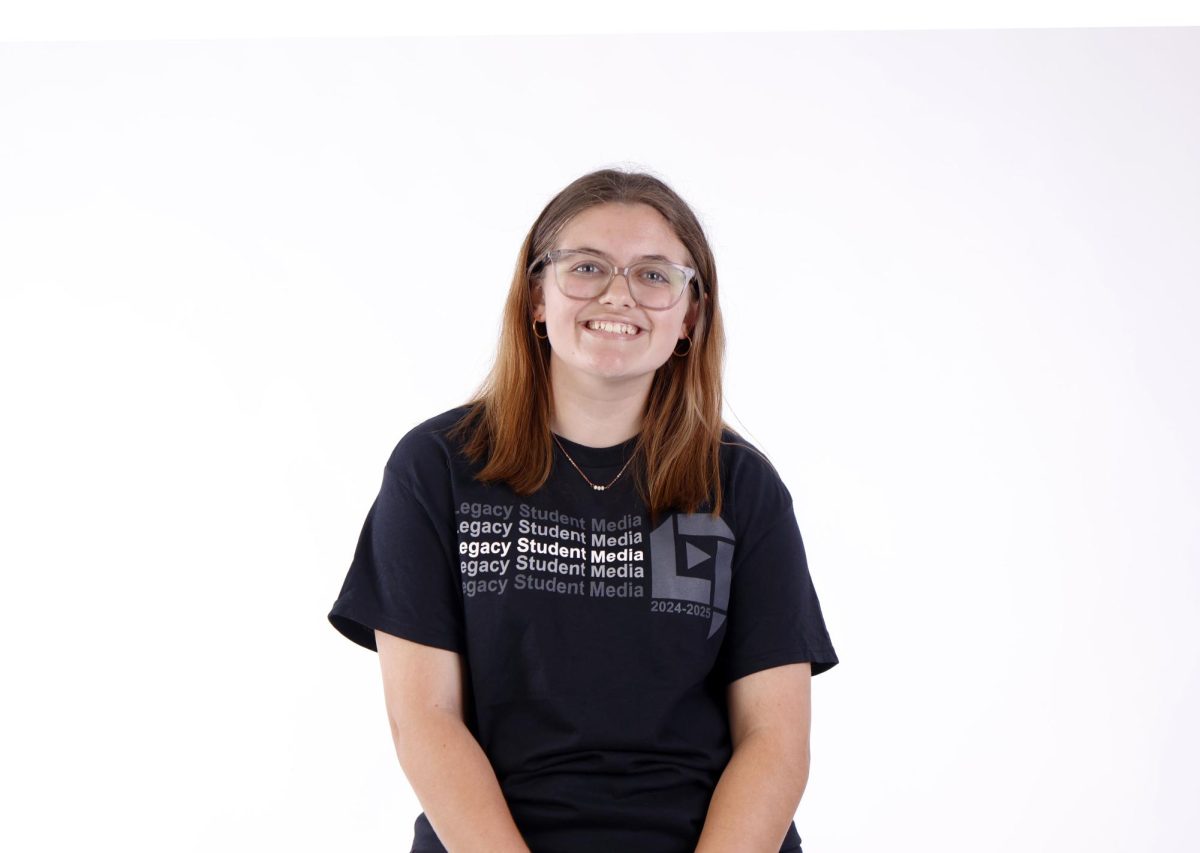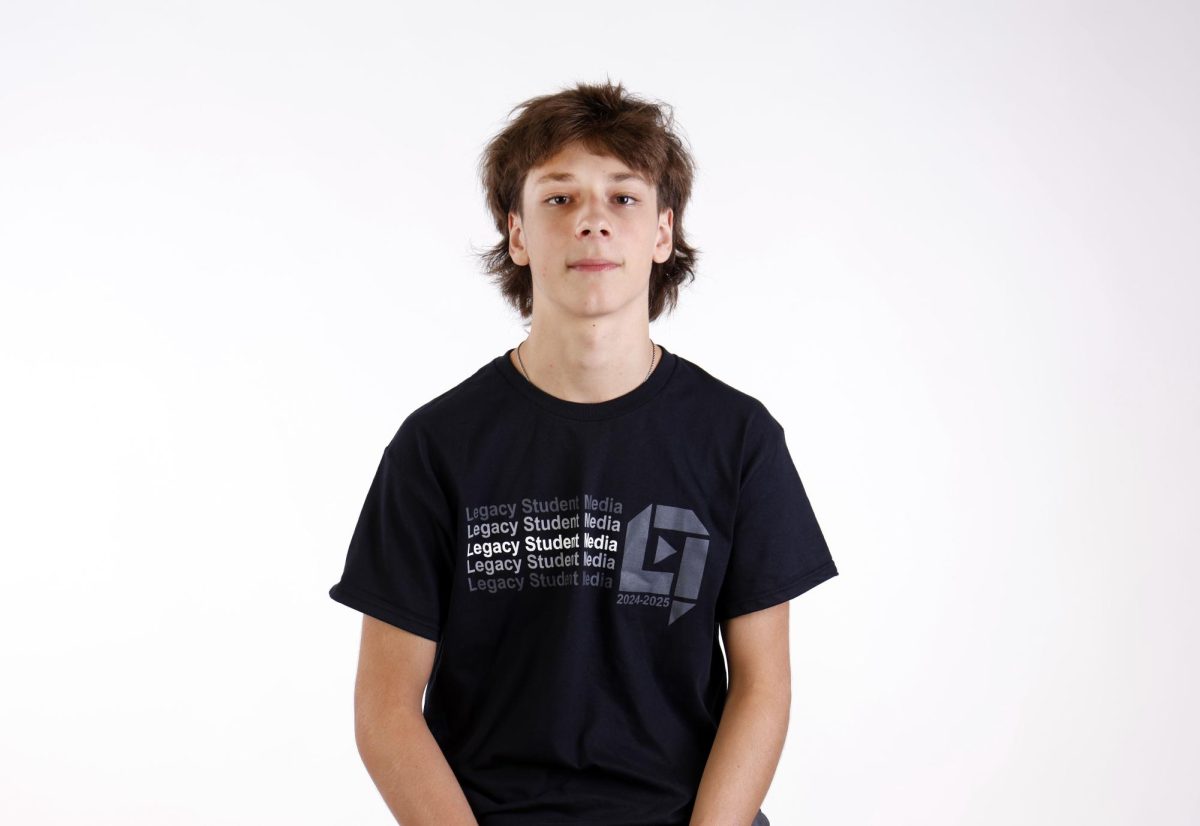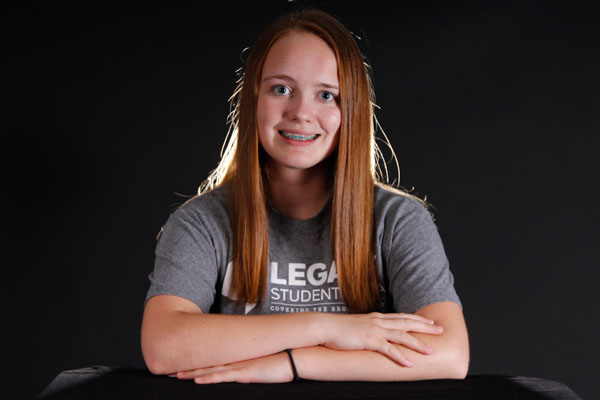
I walk into the waiting room and grimace. A man fiddles with an e-cigarette and a lady smothered in tattoos engulfs the seat below her and a teenage girl drips in black clothing. They are the kind of people I would avoid on the street or in the hallway.
But I am one of them.
In the fall of 2017, I was diagnosed with social anxiety disorder and generalized anxiety disorder.
I struggle to explain anxiety to people because part of its pain comes from the unexplainable nature of it. I don’t know why my hands tremble or why my heart moves at rapid speeds or why my breathing comes out in uneven bursts.
But I know it happens. And I know it hurts. And I know it controls me. And the mystery of why makes it worse.
I try to figure out why and my mind can only come up with, “because you’re crazy.”
All of my siblings have mental illnesses, so my anxiety should not have seemed “crazy” to me. As horrible as it sounds, I did not want to be like them. My parents saw me as the “perfect” one. The kid who they never ask twice to do chores, and whose grades they never need to check.
I wanted to please them and everyone else around me. I wanted them to think I was perfect.
Anxiety kind of feels like I am in a sitcom – a crowd follows closely, ready to release waves of laughter. Their laughter releases inhibiting poison.
My every move centers around the urge to please the crowd of people- to avoid the poison. I ignore every thought of my own and instead take theirs upon me. The urge to avoid their humiliation controls every action I make.
One day the crowd got too close. I went through another school day of canceled plans and nervous conversation and, even though they all seem insignificant and small now, my brain turned each failed attempt to function into a massacre.
I do not know why I told my mom that day; I had no plans to. When she picked me up from school, I could not force “good” or “fine” when she asked how school was. My anxiety crushed me. It crushed my prideful heart. It crushed my self-respect and forced the words out to my mom:
“I need medicine for anxiety.”
I did not look at my mom when I said it. I stared straight ahead as we pulled out of the school like I wanted the Whataburger sign in front of us to hear it.
I could not meet my mom’s eyes as she realized her “perfect” daughter never existed.
My parents supported me, though. They talked when I wanted to and bought me ice cream when I didn’t. Within a month, I had appointments with a therapist and a psychiatrist.
Recovery destroyed me.
As I walked into the psychiatrist’s office, I felt humiliated. The overly-kind nurses seemed to mock me. The orange bottle they gave me, labeled with my name and “100 mg Zoloft,” seemed like a broken glass labeled “screw up,” and I forced it into my mouth each morning.
I did not feel strong. The medicine had the strength. I had nothing.
To add to my diminished sense of stability, the second part of my treatment included therapy. The thought of a place dedicated to the expression of my feelings and my emotions made me cringe. All my life, I prided myself on my strength and independence. The tough girl doesn’t have a therapist. The “top ten in her class” doesn’t take medication every morning. The newspaper editor doesn’t see a psychiatrist once a month.
So as the crowd of constant judgement faded, my dignity went with it.
The treatment, of course, worked. In four months I could speak in groups, raise my hand in class and text people first. I felt like a new person. I felt free of the poisonous crowd.
I hated it. I hated who I had become.
Anxiety existed inside me for so long that it became part of my personality. I was quiet because I had no other choice. I was funny because I only chose my best jokes. I was smart because I only answered when I knew without a doubt that I was right.
I yearned for the disturbingly comfortable blanket of anxiety to stop me from doing anything that could leave me vulnerable to the real judgements real people could now place on the real me.
I had no dignity because I had no pride in who I had become.
People didn’t help. No one needs a mental disorder to have constant judgements tossed at them. I got fake friends and disgusted looks – all things my anxiety helped me avoid.
I soon learned that therapy and pills are not magic. Recovery feels like two steps forward every week and then one off a cliff.
Sometimes I feel it again: the sinking, the extreme urge to process everything in the room at once and figure out the perfect response to every action and word from the people around me. I feel the energy scream through my arms and begin to fill up my hands with trembles. And I can’t believe it’s there after a year.
I want it to be magic. I want one year of therapy and medication to make me calm and normal and healthy. But it hasn’t.
I’m proud that I’m better, even if I’m not perfect. I’m proud to sit in that room; to claim a spot among the group of people strong enough to accept help. I’m proud that I have the courage to find the person behind the panic.



